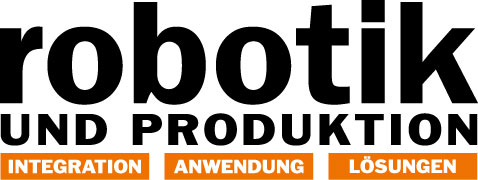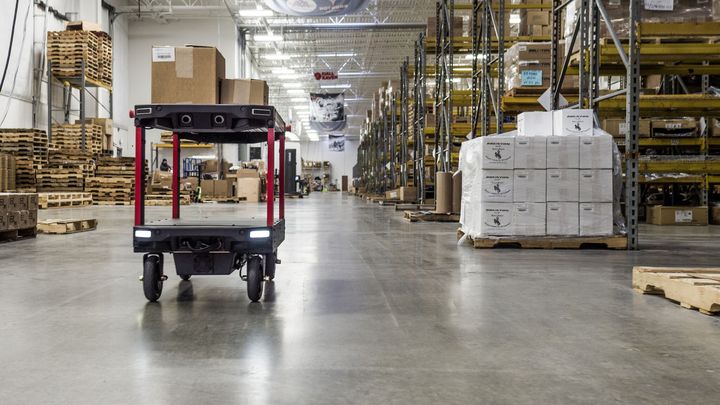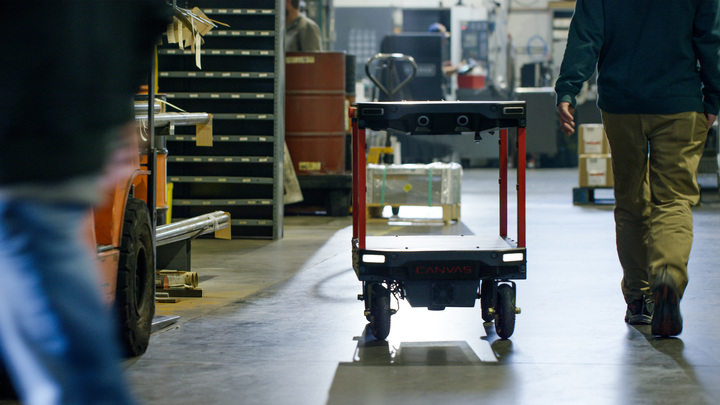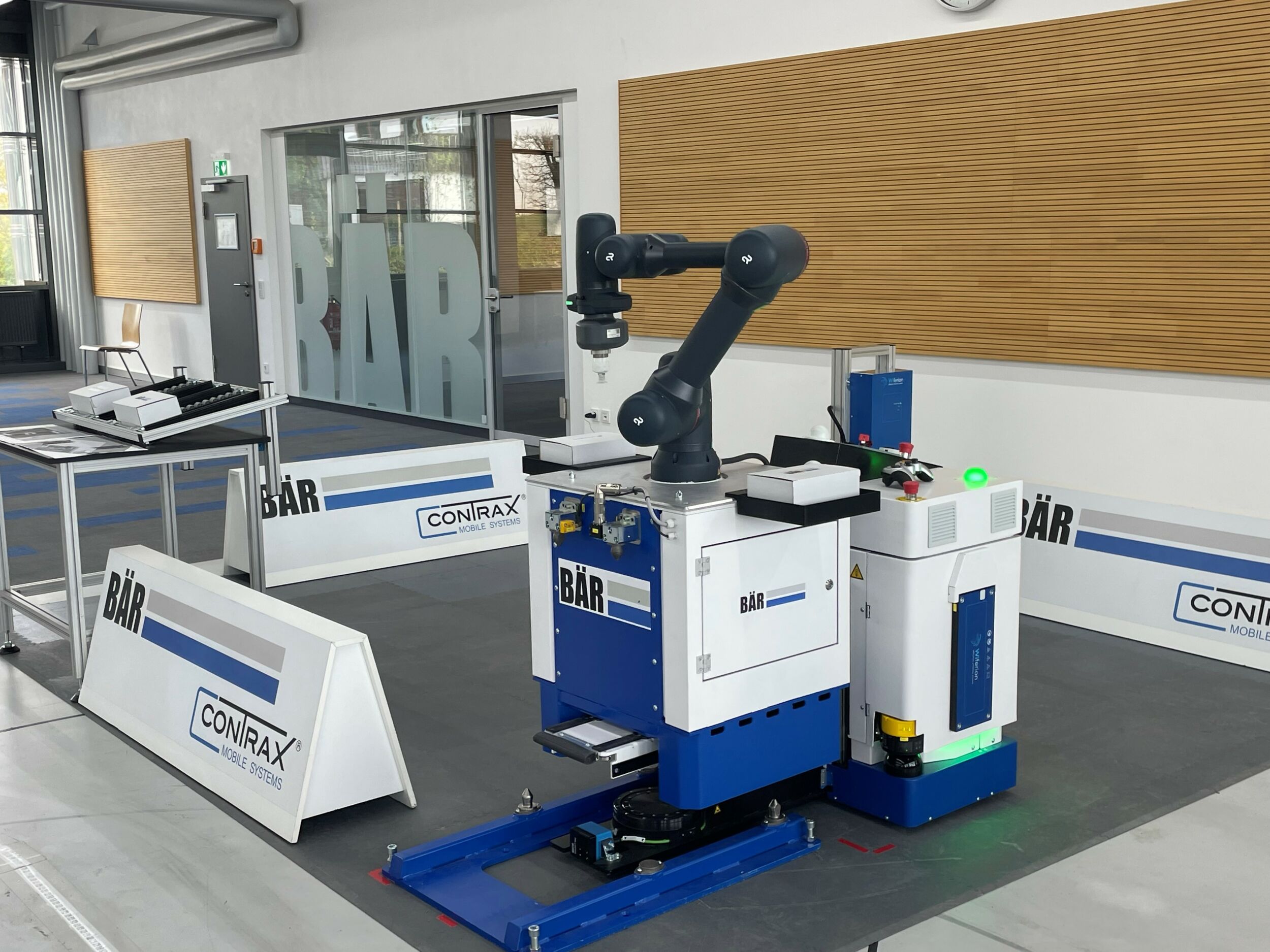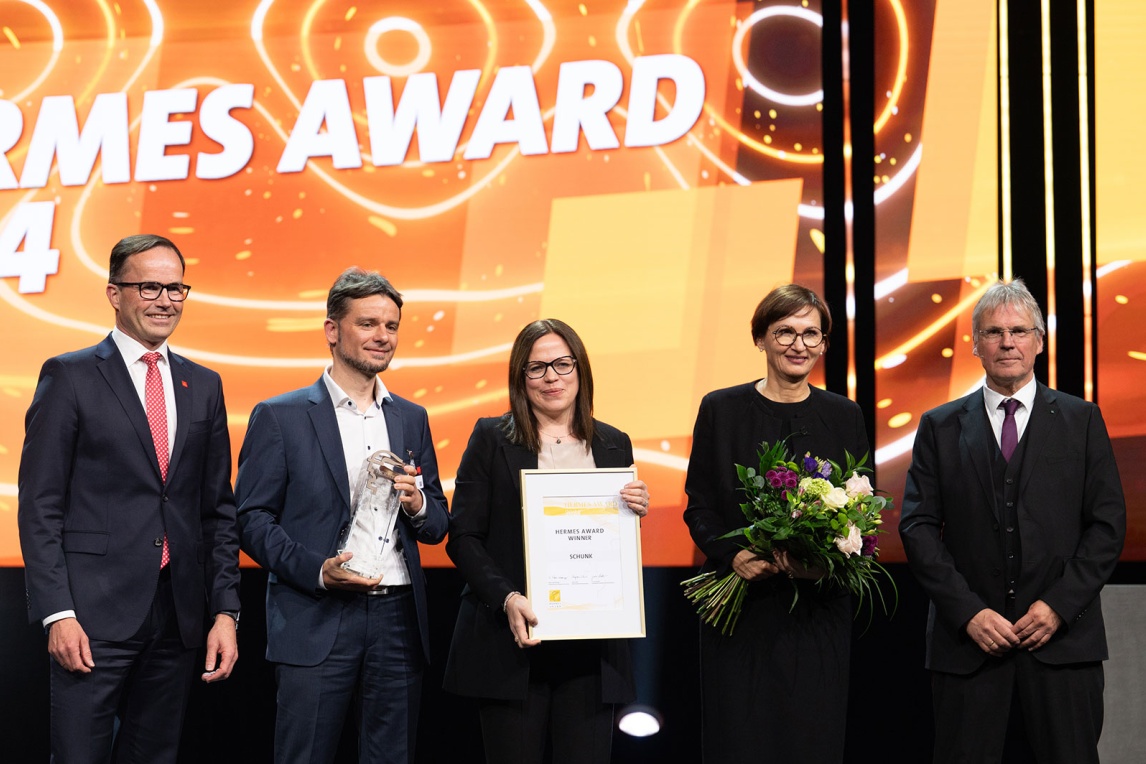Robotics Industry Fundings, Acquisitions & IPOs
A Good Year Has Started
Twenty-five different startups were funded in January cumulatively raising $784 million; a great start for the new year. Four acquisitions were reported during the month while the IPO front lay waiting for something to happen. According to Silicon Valley Bank’s annual survey of 1,000+ executives, startup founders are confident 2018 will be a good year for funding and for business conditions – except hiring and retaining foreign talent.
More than half of startups surveyed (51%) reported that at least one of their founders is an immigrant. One-third of startups said laws and regulations prompted them to locate facilities (or move non-sales operations) offshore. U.S. immigration policy was cited as being the biggest driver, followed by tax policies and the regulatory environment. An interesting aside in the bank’s Chinese version of the survey is that about 2/3 of Chinese startups have at least one woman in a senior role, a considerably higher percentage than in the US where 71% of startups have no women on their board of directors and only 43% have women in executive positions.
Fundings
- Carbon 3D, a 2013 Silicon Valley 3D manufacturing startup using elastomers and carbon steel, raised $200 million for a Series D funding led by Johnson & Johnson Innovation. Other funders included Baillie Gifford, Fidelity Management & Research Company ARCHINA Capital, Hydra Ventures (the corporate venturing arm of Adidas), GE Ventures, JSR Corporation, and Emerson Elemental. The funding is also supported by current investors including BMW Ventures, Sequoia Capital, Silver Lake Kraftwerk, and Reinet Investments and others.
- Pony.ai, a Fremont, Calif. and China-based self-driving startup, raised $112 million in Series A funding. Morningside Venture Capital and Legend Capital led the round, and were joined by investors including Sequoia China, IDG Capital, Hongtai Capital, Legend Star, Puhua Capital, Polaris Capital, DCM Ventures, Comcast Ventures and Silicon Valley Future Capital.
- Rokid, a Chinese and Silicon Valley developer of award-winning consumer products rivaling Amazon’s Echo (in China), raised $100 million in a Series C round from Temasek Holdings with participation from Credit Suisse, IDG Capital Partners and CDIB Capital.
- Nuro, a Silicon Valley startup developing a self-driving delivery vehicle, raised $92 million in a Series A funding led by Banyan Capital and Greylock Partners plus individual investor Simon Rothman.
- Precision Hawk, a Raleigh, NC provider of drone technology and analytics, raised $75 million in funding. Third Point Ventures led the round, and was joined by investors including Comcast Ventures, Senator Investor Group, Constellation Technology Ventures and Syngenta Ventures. Existing investors Intel Capital, Millennium Technology Value Partners, DuPont, Verizon Ventures, and Indiana University’s Innovate Indiana Fund participated.
- Canvas Technology, a Boulder, CO startup building mobile robots for warehouses, raised $15 million in a Series A round led by Playground Global, with previous investors Xplorer Capital, AME Cloud Ventures and Morado Ventures.
- Mall Parking, a Shenzhen mobile parking system developer, raised $12.5 million in Series B funding from the Holdfound Group. @Aufzählung:Robotis Dynamixel, a Korean maker of actuators, parts and educational robot kits, raised $8.5 million from LG Electronics for a 10.12% share of the company. Acquisitions
- Uber sold a 15% stake to SoftBank for $7.75 billion. $6.5 billion of the SoftBank investment was at a 30% discount against Uber’s private valuation of $69 billion. The additional $1.25 billion was at Uber’s current/higher valuation. That’s a major deal at a significant discount for SoftBank.
- Key Technology, a Walla Walla, WA-based industrial robots integrator, was acquired by Duravant, a food processing equipment solutions provider, for $175 million. Duravent issued a tender offer to acquire all of the outstanding shares of Key common stock at $26.75 per share ($175 million).
- PaR Systems, a Minnesota-based integrator of industrial robotics and also engineering services for mission-critical special situations, was acquired by the Pohlad family (which also owns the Minnesota Twins baseball team. PaR has 380 employees. Financial details were not disclosed. Pohlad bought PaR from MML Capital Partners, an equity fund.
- Visual Components, a Finnish software and AI company providing 3D simulation software to manufacturers including Kuka, Foxconn and Samsung, was acquired by Kuka.
IPOs
Nada. Zip. Nothing. In the SV Bank survey referenced above, executives were asked what their realistic long-term goal and/or exit plan was and 57% responded they thought that acquisition was the most common path for them. Only 18% said they would go public.
